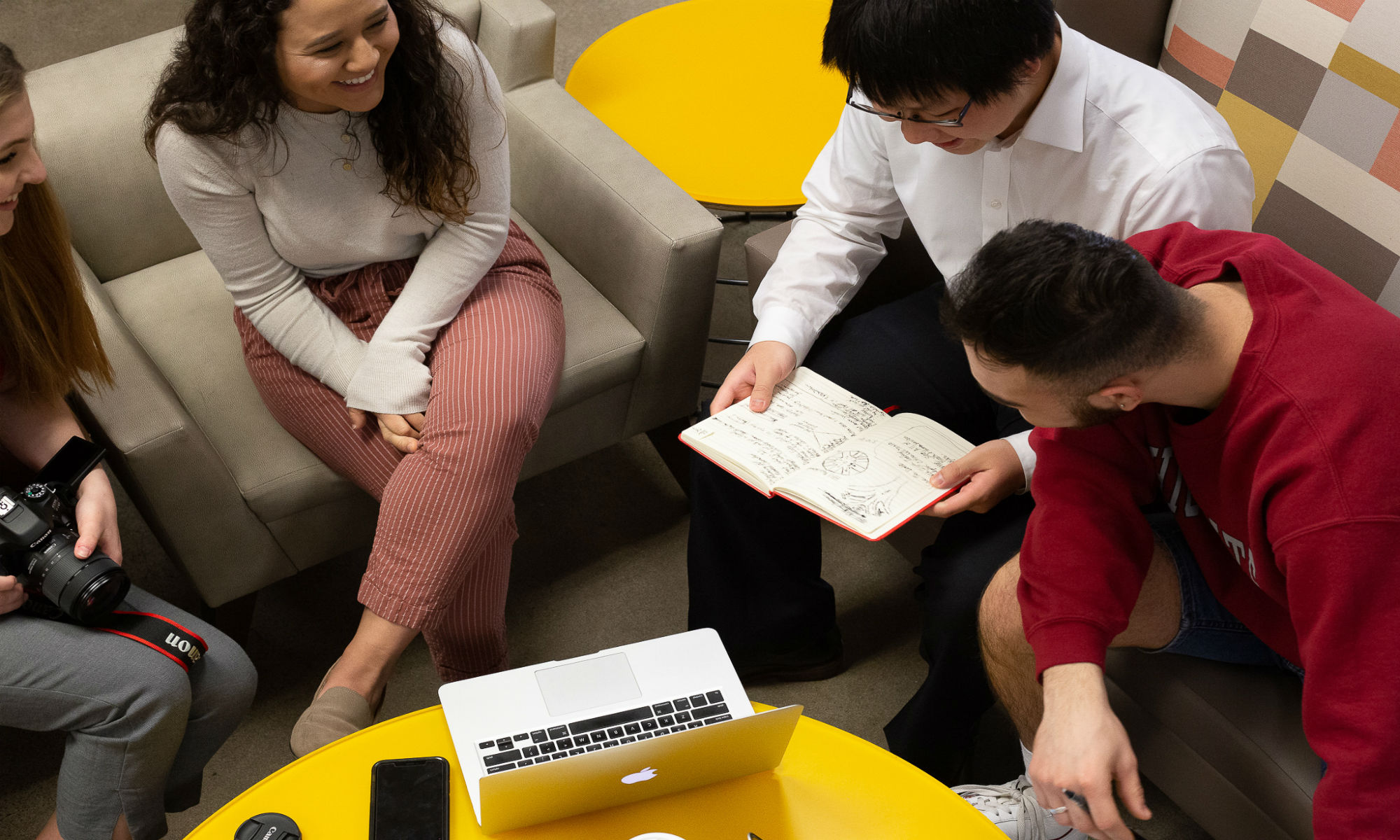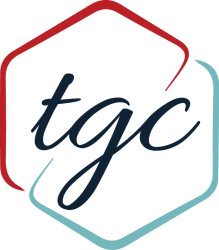By Devonte Barr
With all the tools out there designed and intended to improve performance, it can be easy to forget that small things can make the biggest impact. Feedback is of the most valuable assets used to emend anything produced for the use of others. Not to mention things like performance, reaching milestones and the evolution of one’s skills.
Feedback lets us know the parts that can and should be altered for the betterment of the whole. In the case of self-feedback, the intention is the same, except instead of relying on an outside source the source is you. It’s common to confuse self-feedback with confirmation or affirmation. Where they differ is essential in the process of getting effective results when overseeing completed work. Affirmations are more like positive reinforcements aimed to coral the mind towards a desired outcome. Self-feedback is after the fact, and its viewpoint is centralized around reflection and the execution of the task at hand.
The struggle I run into most of the time is making sure the feedback I give myself is productive. At the end of the day, I don’t want to deflate my work or my motivation at making it as flawless as possible. What I always try to remember is that the feedback needs to elevate the work. As I mentioned before, it can be extremely easy to judge one’s own creation and halt the flow of progression. Because of this, I’ve come up with about five things that can help keep your self-critique on a productive path.
The first one is simple, but also tricky because of the innate echo chamber that exists in our minds, it’s being forthright with your effort. A lot similar to being honest with oneself but in the case of effort, only one person knows if you gave it 100% effort or not. Taking stock of this is crucial because it allows you to see where your work lacks vis-a-vis the effort you put in. In other words, based on the level of care and time you put in, the results of your work will reflect that.
Compartmentalizing is another helpful exercise to get used to as it helps with prioritization and organization. This response is to ensure that when you’re critiquing your work you’re focused on the things that matter. Dividing the structure and the project from the pieces that are inconsequential is how you build on what is solid to discard what is not. Incidentally, the mastery of this exercise will move in tandem with my next insight, which is revising with prudence.
Practicing prudence is not only key for self-development but in the case of editing one’s work, it can serve as a sort of scalpel. Sharp on the edges and precise on its lines, the scalpel is how I like to envision my critique when going over my work. It’s helpful because the edits are purely surgical and don’t reflect talent or ability. Discerning from prudence and over-analyzing is crucial for keeping the trajectory of your work going forward instead of backward.
When I was in high school, I had a book of quotes by some of the world’s most influential people. There was only one quote I remember out of that entire book, and it has guided me through most of my life. The quote goes, “Be quick but not in a hurry.” John Wooden, one the greatest basketball coaches to ever live, would say this to his teammates and oftentimes get mixed responses. At face value, the phrase sounds sort of confusing, but if you break it down the message is pretty clear. In the act of revising, it’s important to be timely. Picture doing any task around the house that you’ve done a thousand times to the point where it’s a routine, like sorting laundry. The quickness in your decision-making on what goes where becomes in sync with your movements in a way that feels somewhat rhythmic. If you were to hurry your way through the selection process, throwing items in disorganized piles for instance, the result would no doubt lie beneath that of taking your time. The same goes for self-feedback. The intention is to get as accurate results as possible and the only way to do this is by becoming comfortable with a routine or some pre-structured steps to keep your attention on track.
The final thing I’ve learned is somewhat difficult to convey as it applies differently from person to person. Self-actualization is, in my mind, the most important of all these insights, and for good reason. The constraints put on you by outside forces are loosened with self-actualization.
To me, the ultimate lesson learned in any situation is living in the moment. Being present and aware of your abilities and skills will stop you from feeling discouraged and disconnected from your work.
Applying self-actualization to self-feedback is invaluable in all cases because the work has come from you and only you can determine what you enjoy. For a perfect example of self-actualization, envision playing the trumpet, and for the sake of context let’s say you’ve been playing trumpet your whole life. After you graduate college, you continue to play and keep playing even though it may never lead to money but, you play because it brings you satisfaction. That is self-actualizing. Understanding that you are doing what you do because you care, and because it means something to you. Separating talent from one’s self is hard, but it’s important to remember that our talent doesn’t define us. It’s only what we choose to do with it that makes an impact.
Feedback can always tell us something we didn’t think of to help us grow and evolve. Remember, self-feedback isn’t a replacement for what you receive from others but rather an accessory. Keeping hold of these insights might help you conquer the challenges that come with self-feedback, allowing you to stay productive and motivated.


